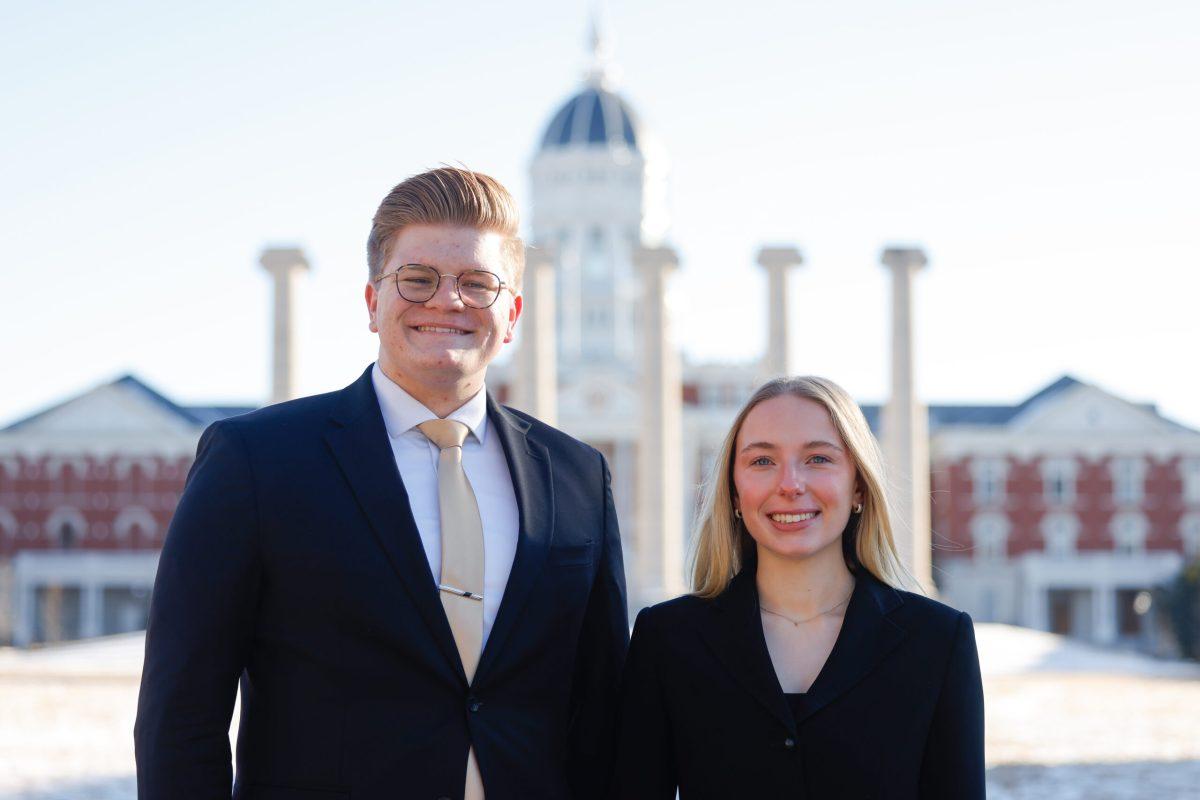MU plans to premiere a documentary that explores the life of Cuban cultural figure Natalia Bolívar as a start to its Black History Month festivities.
MU’s showing of “The Many Natalia Bolívar: Art, Utopia, and Religion” on Feb. 1, as the first of MU’s Black History Month events, will also be the premiere of the documentary in the U.S.
Bolívar is a Cuban woman, raised as an aristocrat, who wound up becoming one of the world’s leading scholars on Afro-Cuban religion.
The director of the documentary, Juanamaría Cordones-Cook, said she works closely with MU’s Black History Month committee to make her documentary premiere one of many Black History Month events.
The partnership began in 2012 and, due to the frequency of which Cordones-Cook produces documentaries, she said MU premieres at least one of her films during Black History Month each year.
“[The film features] the many sociocultural roles of Natalia Bolívar, an ethnographer and practitioner of Afro-Cuban religions,” according to the university’s Black History Month calendar.
MU’s 2019 Black History Month is dedicated to promoting their theme, “Black Migrations: New Destinations, New Realities,” according to MU’s website. Other than the documentary, MU will host different events throughout the month of February to celebrate black history and culture.
Cordones-Cook said she has created 23 documentaries in a nine-year span and doesn’t plan on stopping anytime soon. She said that she has multiple documentaries in production that will be premiering throughout the next year.
“[Making documentaries] is something I do with passion,” Cordones-Cook said. “By doing these documentaries I’m creating a historical encyclopedia for the future.”
The inspiration was found within Natalia Bolívar, who is a direct descendant of Simón Bolívar, leader of the Latin American Revolution, Cordones-Cook said. Bolívar is a cultural promoter, someone who has amassed many archives and is generous in sharing her collections with anyone who asks.
“[Bolívar] has been a consultant for plays, for films, for books,” Cordones-Cook said. “She is a constant reference for anything that has to do with Afro-Cuban religions.”
Cordones-Cook’s documentaries were sparked by her frequent trips to Cuba.
“Working there for me has been practically a privilege, to be able to delve into that world,” Cordones-Cook said. “It’s a world of the mind and of a creativity that is incredible… That culture and social environment is like oxygen for [artists’] work and I cannot imagine them creating what they have created, without them having lived there.”
The next big event planned for Cordones-Cook is a conference and traveling exhibit, which will happen in 2021. Scholars from all around the world will be brought to MU’s campus to discuss the African diaspora.
“For different reasons each [documentary] has been fantastic because they are all challenges,” Cordones-Cook said. “With each one I open a venue, a window of knowledge and a particular view of that world.”
_Edited by Ethan Brown | [email protected]_













